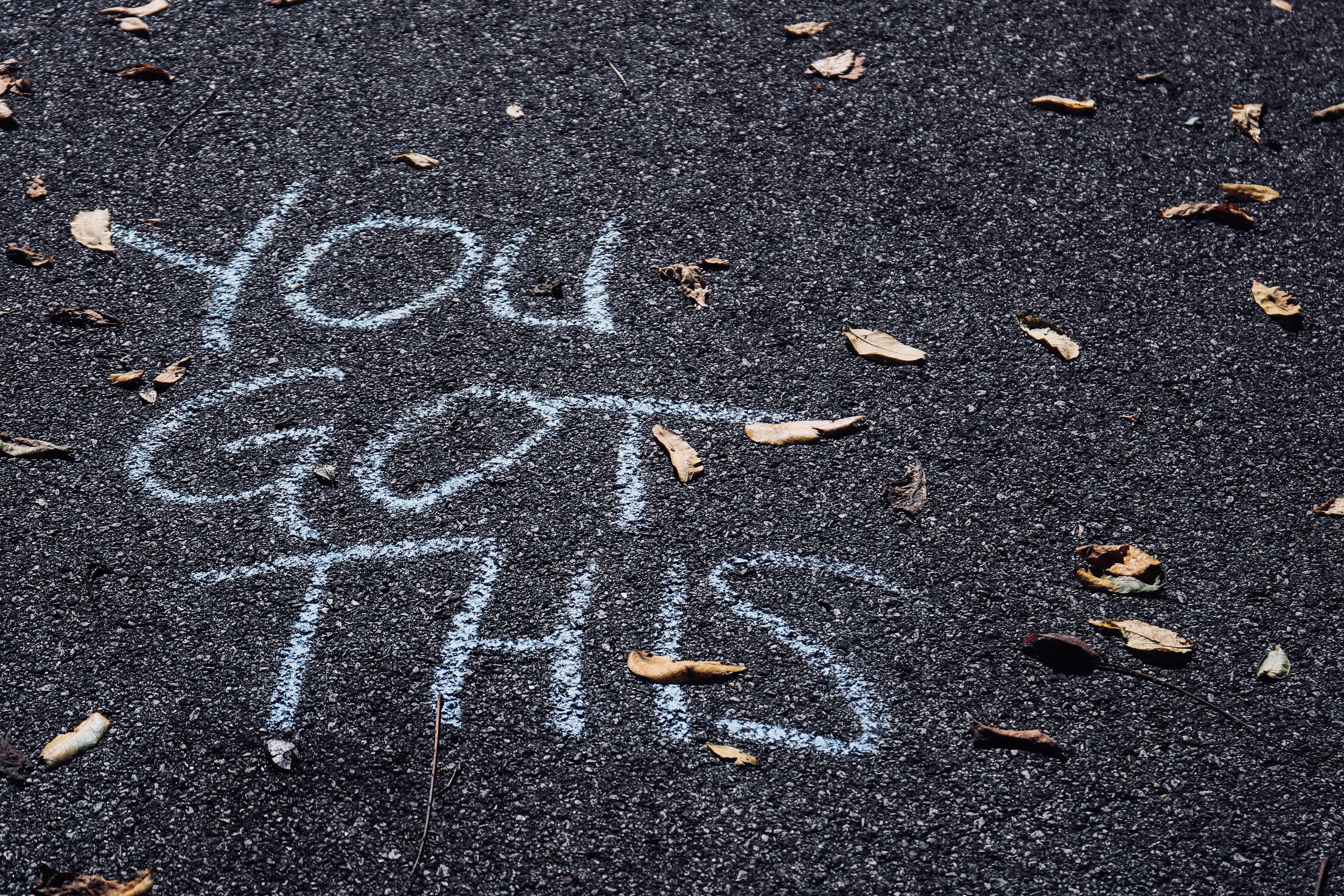Blame is getting stuck in the problem, not in the solution.
Early in my casting career, I was presented with an opportunity to traverse blame.
Production is synonymous with solving problems, it is part of the job description. Although I always strive to do my best, sometimes it’s not enough.
It was my first time working with this particular Producer. During our phone introduction, she was very adamant nothing be overlooked. “This job has to run perfectly, I do not tolerate mistakes”. It was her first job with this particular client so she wanted to it to “run like clockwork”.
The casting went well. The clients found the talent they were looking for, all were happy… the production was rolling smoothly along.
Until I got a phone call from the set. The Producer was screaming into the phone.
The talent questioned something in the contract and would not sign it. On an aside, the talent often question things, that’s why they have agents to advise them. This in itself was not unusual, however, a piece of information was not communicated to the talent. And that was creating the hold-up.
The Producer was irate. “How could this happen?”. Rage, expletives, and condemnation spewed forth “I told you this was imperative information at the beginning of the job”, and she attacked my competence “How hard is it to perform a simple request? You are making me look bad in front of my clients!”
I allowed her to vent, my heart pounding.
Thoughts whirled around my novice casting brain, ‘Had I forgotten something? Had I screwed up? What was going to happen? What should I do?’
She continued with threats of financial repercussions because of my incompetence and assured me that this was a major mistake, And I would be held personally responsible.

Horses are my muse, so I took a moment and thought about them. With horses, one must live in the moment. When a problem arises, one must remain calm, non-reactionary, and move towards a solution.
I needed to step aside from the bombardment of blame being thrust at me and respond without being defensive.
The Producer was invested in making me Wrong in order for her to be Right.
With my steadiest voice, I answered, ‘It was my oversight, I am sorry, I made a mistake.”
The phone went audibly silent for a long beat. She then asked what I intended to do to remedy the issue.
I asked her to give me a moment to call the agent and I would get back to her immediately.
Before the paper trail of email existed, communication was over the telephone. Often bits and pieces of information would come in over the course of the project, and miscommunication could easily happen. Mistakes occurred.
I was not certain if the information had been communicated to the agent and the agent, wasn’t certain if I had or had not either, but suggested it could have been overlooked on his part too.
The issue was resolved within a moment when he called his talent and she agreed to sign the contract. The entire solution took five minutes.
The Producer was informed all was remedied. I apologized for any inconvenience and embarrassment the oversight may have caused her.
Her response was a simple Thank you and a deep sigh of relief.
The job was a success. She looked like the rockstar to her higher-ups.
And I was no worse for the wear.
This was an excellent lesson for me. Some people like to blame. Blaming is part of the need to be right.
Regardless of where the mistake was made or by whom, my name was on the door. It was my responsibility to solve the issues. So, although I was being made Wrong, I was not willing to engage in dialog with someone who had the need to blame.
To this day, 30+ yrs in the business, I have never encountered a problem without a viable solution. The first step is always to bypass the blame.
Blame does not resolve problems.

Not all remedies are simple, however, taking responsibility is.
How To Stop Blaming with 4 Let Go’s
1) Let Go of Blaming. To Blame only shows that you have a need to be Right and want to make someone else Wrong. Accept that things don’t always happen as planned. If we are not part of the solution, then we are part of the problem.
2) Let Go of Denial. If you have made a mistake start by acknowledging it. Own your part in it. To put the fault onto someone else takes us away from a solution. By stepping up, admitting we are wrong diffuses the tension around the situation giving way to a remedy.
3) Let Go of our Pride. Apologize and validate the person our mistake affected. Once the feelings of another have been acknowledged, they feel better. Their need to blame is lessened.
4) Let Go of Justifying the reasons why the mistake happened. This is part of wanting to be Right. Stop passing the buck. Offer a solution and accept there may be consequences.
Let’s Let Go of playing the Right -Wrong Game. We are human. We make mistakes. The choice is ours to fuel the fire or to be a part of the solution.


